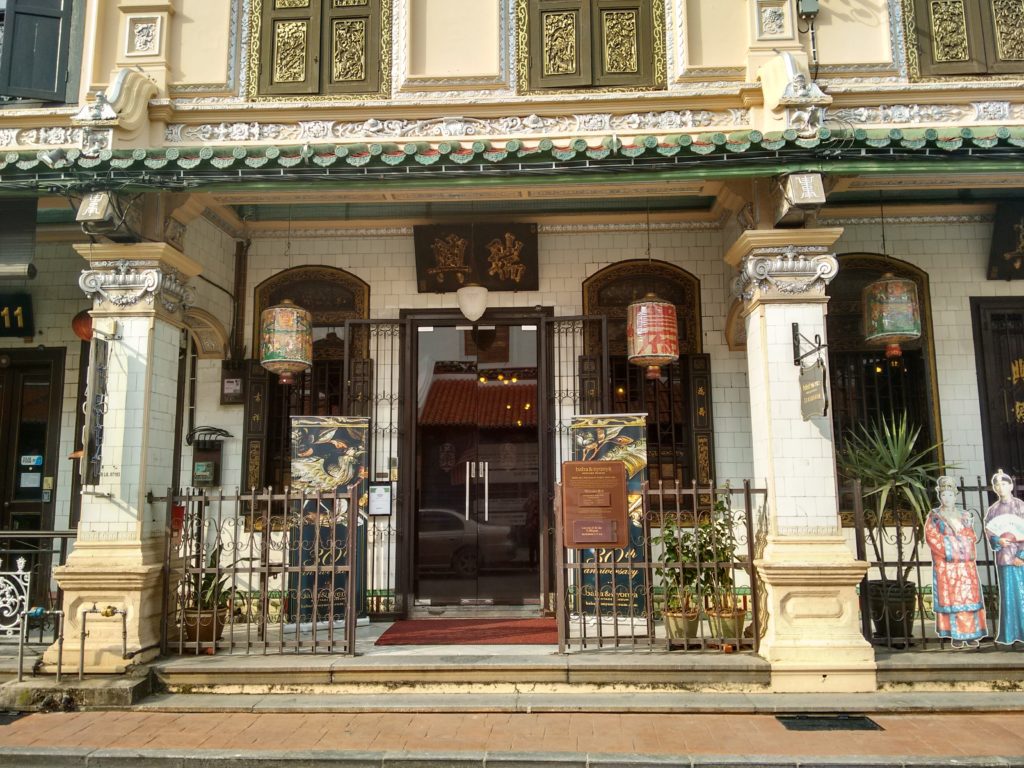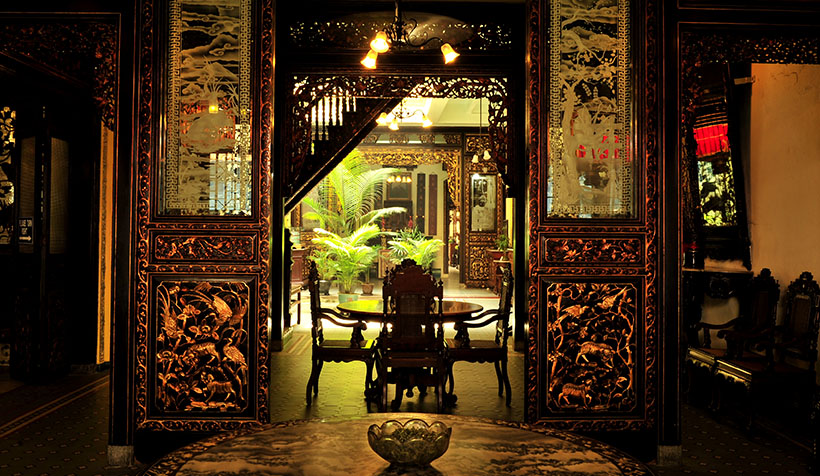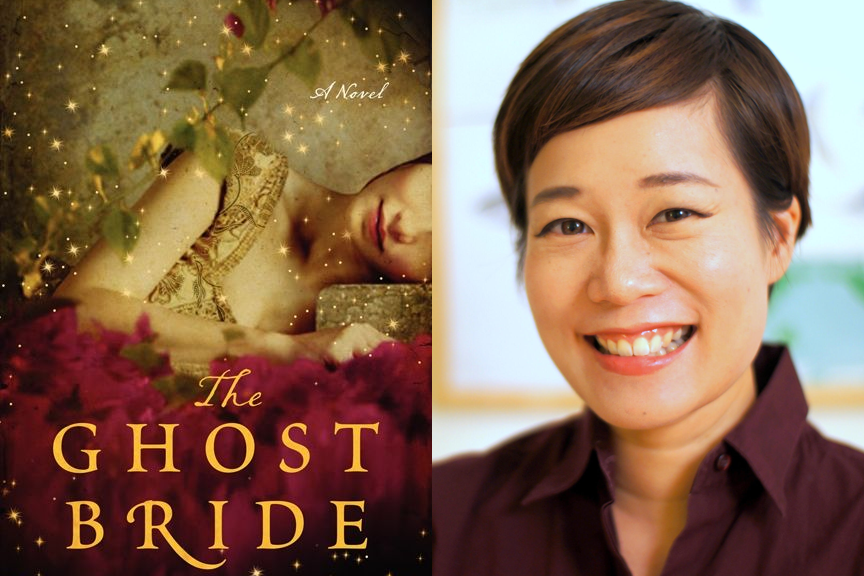From the first pages of Yangsze Choo’s novel « The Ghost Bride » I recognized the atmosphere I experienced a few years ago walking through downtown Malacca in Malaysia. The old city preserved in good harmony the testimonies of the Dutch, Portuguese, English, Chinese and Malay heritages which gradually shaped it. I remembered in particular my visit to the Baba and Nyonya Museum. The house has been occupied since seven generations by a Chinese family which prospered in Malacca, a merchant and port city at the heart of the eponymous Strait. I recall the Reception Hall (Thia Besar), where the family would display its links with China and where only men were allowed while women had to be content with stolen glances and snippets of discussions overheard from the neighboring room. The house also includes an Ancestor Hall where filial piety was demonstrated by giving prayers, offerings and food for the dead relatives.


Li Lan is a young woman living with her father in a nice house at the end of the 19th century. The house seems respectable but is in fact on the brink of financial ruin. One day her father comes back with a surprising proposal: the wealthy Lim family would like Li Lan to marry their son -who just passed away. This practice of « marrying a ghost », rare but not unheard of, was meant to appease the spirits haunting the house. As she visited her future in laws, Li Lan, taking a wrong turn in the house’s corridors, bumped into Tian Bai, the cousin of her deceased fiancé. He is alive and well and she falls in love.


Yangsze Choo’s first novel embarks with a seductive mix of ingenuity and virtuosity towards two parallel universes : on the one hand, those Chinese merchant families from Malaysia, knowing how, when needed, to conform to the codes of British colonialism but preserving their ancestral traditions and, on the other hand, the world of the after-life into which Li Lan breaks at night and where she discovers a maze of intrigues build over many generations. Her curious mind leads and entangles her with the recent and more ancient secrets of the Lim family. So much that she might not be able to come back among the living.

Yangsze Choo is a Malaysian author writing in English whose family arrived from China four generations ago. « The Ghost Bride » will soon be the first Netflix original production in Chinese.
In “The Night Tiger”, her second novel she leaves Malacca for the small towns and hills of Malaysia in the 30s, still under British rule.

Even if the dose is lighter than in her first book, she still blends with talent historical fiction and magical realism. Ji Lin is a young seamstress who at night puts a nice dress and in secret goes to a « dancing hall » in order to repay her mother’s mahjong debts. A number is affixed on her dress and she waits for men who have paid their tickets to come and invite her for a few dances and some conversation. One night one of her clients stealthily leaves with her a glass tube containing the remains of a finger. His body would be found a few days later in a ditch.

Ren is 11 years old and just transferred to serve as a « boy » with a British doctor dispatched to a hospital in a tea plantation. His former master was another English physician whom he deeply respected. On his deathbed, Ren promised him to recover one of his fingers which had been severed several years ago. The boy has 49 days to make his master’s body « whole » and thus allow his soul access to the after-life.

Ji Lin and Ren each go searching what they are missing: for her, the body to which the finger she received belongs and for him the finger he needs to lay in Dr. MacFarland’s grave. If the reader will not be surprised when both protagonists meet, the rest of the story is full of unexpected twists and turns punctuated with deadly attacks by tigers in the middle of the night.




